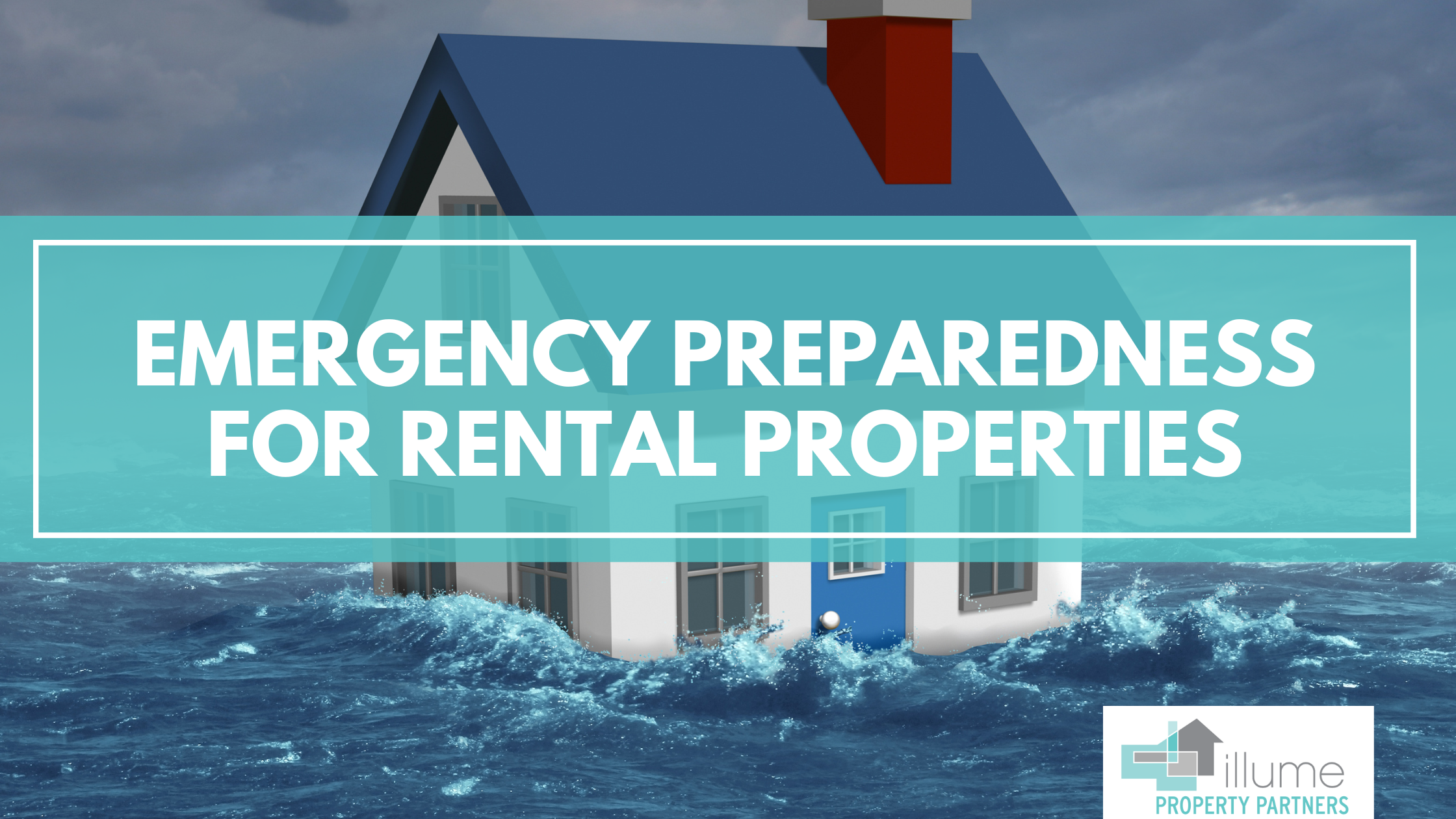Owning rental properties can be a lucrative investment, but it comes with responsibilities that extend beyond collecting rent and maintaining the premises. One of the most crucial aspects of property management is ensuring the safety and well-being of your tenants and safeguarding your investment in the face of unexpected emergencies.
Why Emergency Preparedness Matters
Emergencies can strike at any time, and being prepared can mean the difference between a manageable situation and a catastrophic one. The safety of your tenants should always be a top priority, and being prepared for emergencies ensures that your tenants have the best chance of staying safe during unexpected events. Moreover, swift and appropriate action during emergencies can help prevent or minimize property damage, saving you repair costs and preserving the value of your investment.
Creating an Emergency Preparedness Plan
To create an effective emergency preparedness plan for your rental property, start by identifying the types of emergencies that are most likely to affect your property. These could include natural disasters like earthquakes, floods, wildfires, or more common issues like plumbing leaks, electrical failures, or fires.
Establish clear communication channels with your tenants. Ensure they know how to contact you in case of emergencies and provide a list of emergency contacts, such as local authorities, utility companies, and maintenance professionals. Maintain a list of reliable contractors and service providers, including plumbers, electricians, and HVAC technicians, who can respond promptly in emergencies. Additionally, regularly review your property insurance policy to ensure it covers a range of potential emergencies. Consider adding coverage for specific risks, such as flood or earthquake insurance, if applicable to your property's location.
Basic Emergency Kit
As a responsible landlord, you can also provide your tenants with information on creating a basic emergency kit. Suggest items such as flashlights with extra batteries, first aid supplies, non-perishable food and bottled water, blankets or sleeping bags, portable phone chargers, and important documents like lease agreements, identification, and insurance information.
Regular Property Inspections
Perform regular property inspections to identify and address potential hazards before they escalate into emergencies. Look for signs of wear and tear, such as damaged wiring, leaks, or structural issues. Ensure that safety equipment like smoke detectors and fire extinguishers are in working order.
Tenant Education
Educate your tenants on safety procedures and emergency protocols. Provide clear instructions on what to do in case of fire, flood, power outage, or other emergencies. Encourage them to report maintenance issues promptly, as small problems can escalate into major emergencies if left unattended.
Emergency preparedness is a fundamental aspect of responsible property management. By taking proactive steps to prepare for unforeseen events, you not only protect your investment but also fulfill your duty to ensure tenant safety. With a well-thought-out emergency plan in place, you can navigate emergencies with confidence and minimize the impact on both your property and your tenants' lives. Remember, being prepared today can make all the difference tomorrow.

